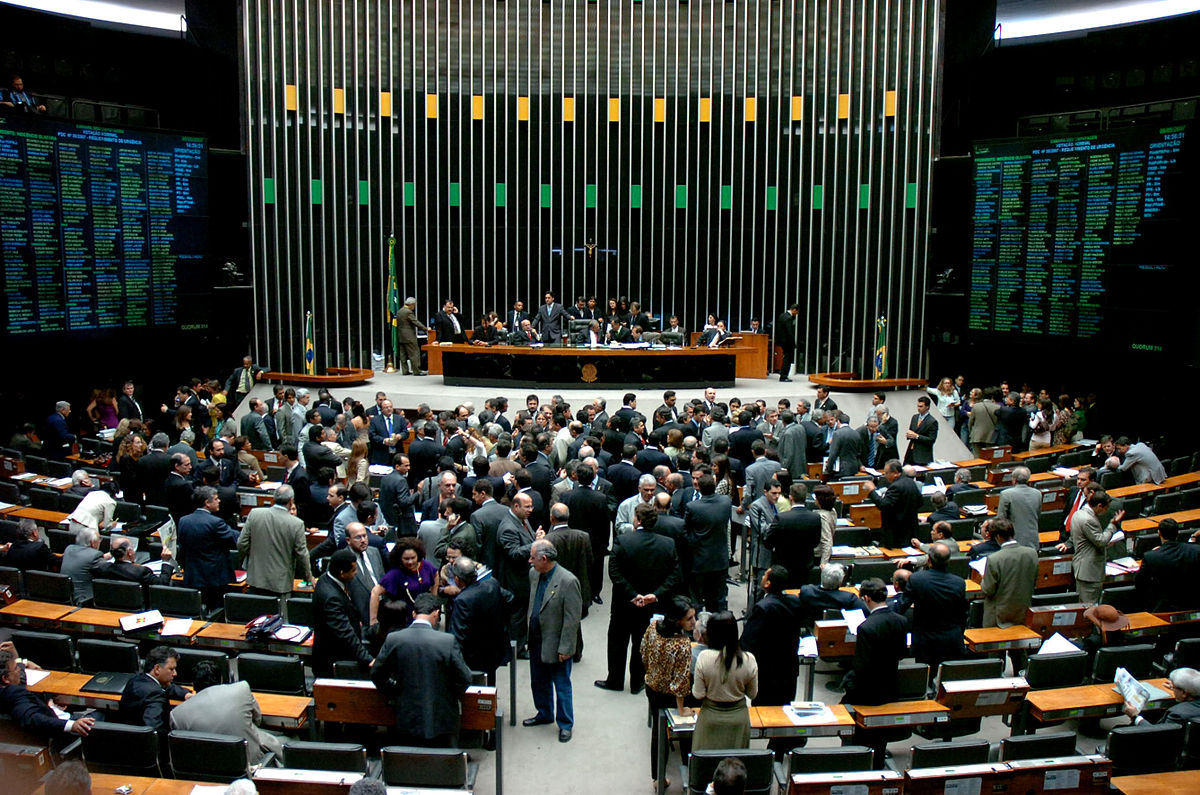Congress is in recess until February, giving Brazilian assets a temporary break from the political turmoil, as there will be no further progress in President Rousseff's impeachment process, House Speaker Cunha's corruption investigation, or fiscal reform measures. Last week, Congress approved a primary surplus target of 0.5% of GDP, below the level proposed by Finance Minister Joachim Levy, who left his post as a result.
The government appointed former Planning Minister Nelson Barbosa as the new finance minister. Markets might react negatively, as Mr. Barbosa is not seen as fiscally conservative and business friendly as Levy. The heightened uncertainty about the fiscal consolidation and no progress on the political front amid a deepening recession will likely continue to weigh on the BRL. USDBRL is expected to reach 4.0 by year-end and 4.5 in 2016.
In terms of data, the most important release will be the Quarterly inflation report on December 23. It will provide updated forecasts by the central bank and might offer some guidance on the future path of monetary policy. Relatively to the previous report, more deterioration is expected in the inflation forecasts by the BCB, given the upward trajectory of inflation expectations and the incorporation of worse fiscal assumptions.
"We expect no increase in the Selic rate in the months to come, although the market is pricing a very aggressive tightening aimed at containing inflation expectations, regardless of the recession", says Barclays.
Congress in recess while situation keeps deteriorating in Brazil

Sunday, December 20, 2015 11:14 PM UTC
Editor's Picks
- Market Data
Most Popular



 US Pushes Ukraine-Russia Peace Talks Before Summer Amid Escalating Attacks
US Pushes Ukraine-Russia Peace Talks Before Summer Amid Escalating Attacks  U.S. Announces Additional $6 Million in Humanitarian Aid to Cuba Amid Oil Sanctions and Fuel Shortages
U.S. Announces Additional $6 Million in Humanitarian Aid to Cuba Amid Oil Sanctions and Fuel Shortages  Trump’s Inflation Claims Clash With Voters’ Cost-of-Living Reality
Trump’s Inflation Claims Clash With Voters’ Cost-of-Living Reality  Trump Lifts 25% Tariff on Indian Goods in Strategic U.S.–India Trade and Energy Deal
Trump Lifts 25% Tariff on Indian Goods in Strategic U.S.–India Trade and Energy Deal  Trump Backs Nexstar–Tegna Merger Amid Shifting U.S. Media Landscape
Trump Backs Nexstar–Tegna Merger Amid Shifting U.S. Media Landscape  Iran–U.S. Nuclear Talks in Oman Face Major Hurdles Amid Rising Regional Tensions
Iran–U.S. Nuclear Talks in Oman Face Major Hurdles Amid Rising Regional Tensions  TrumpRx.gov Highlights GLP-1 Drug Discounts but Offers Limited Savings for Most Americans
TrumpRx.gov Highlights GLP-1 Drug Discounts but Offers Limited Savings for Most Americans  Jack Lang Resigns as Head of Arab World Institute Amid Epstein Controversy
Jack Lang Resigns as Head of Arab World Institute Amid Epstein Controversy  U.S. to Begin Paying UN Dues as Financial Crisis Spurs Push for Reforms
U.S. to Begin Paying UN Dues as Financial Crisis Spurs Push for Reforms 































